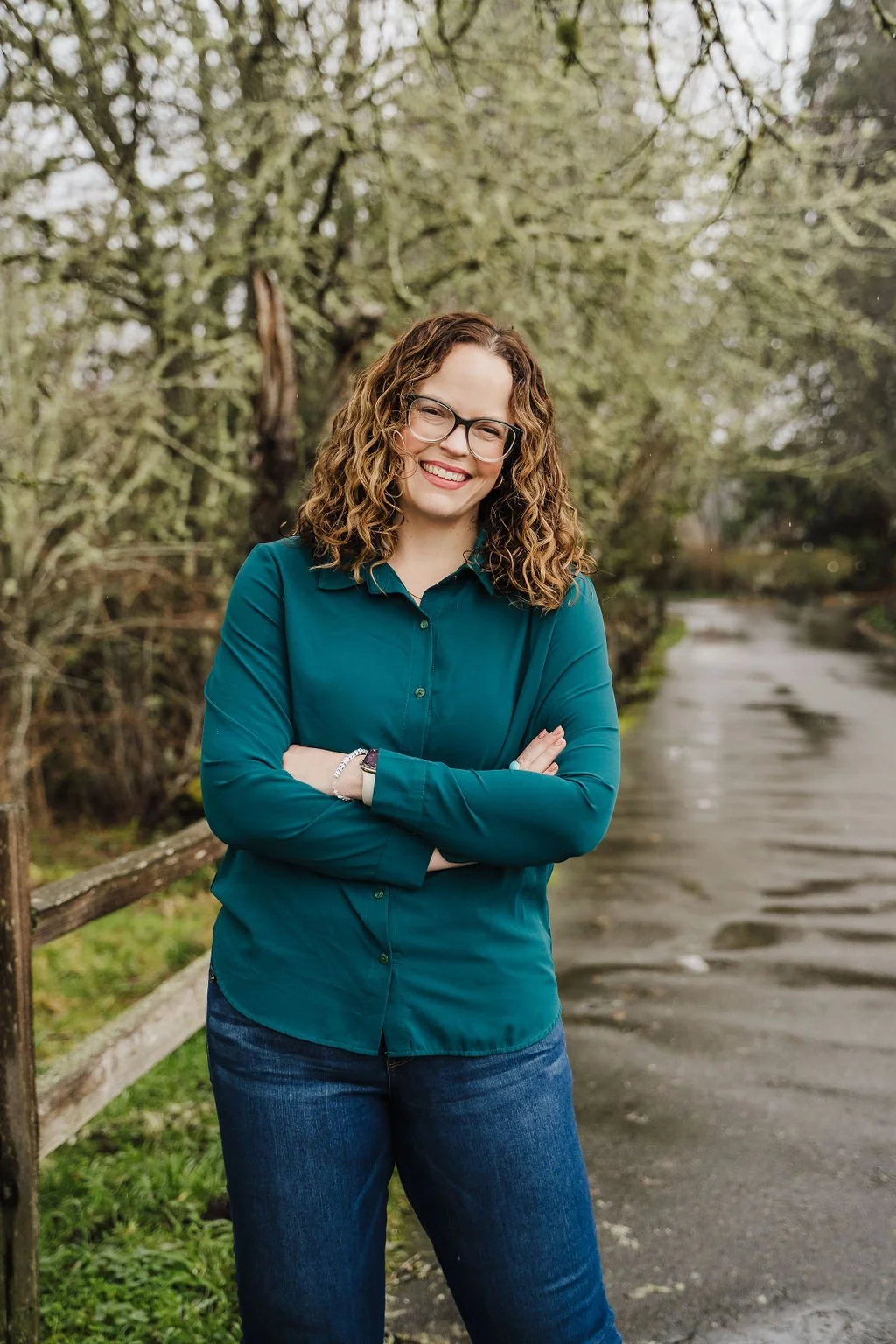Understanding Postpartum Anxiety and Postpartum OCD: You Are Not Alone
Understanding Postpartum Anxiety and Postpartum OCD: You Are Not Alone
Bringing a baby into the world is often portrayed as a time of immense joy, but for many mothers, it is also accompanied by overwhelming anxiety. While postpartum depression is widely discussed, postpartum anxiety (PPA) and postpartum obsessive-compulsive disorder (PPOCD) remain less recognized, despite affecting a significant number of new moms. If you are experiencing persistent worry, intrusive thoughts, or an unshakable sense of dread, you are not alone—oh and, just in case you’ve forgotten or you’re wondering–you are not failing as a mother. Let’s unpack this together.
“If you are experiencing persistent worry, intrusive thoughts, or an unshakable sense of dread, you are not alone—oh and, just in case you’ve forgotten or you’re wondering–you are not failing as a mother. Let’s unpack this together.”
What Is Postpartum Anxiety?
Postpartum anxiety is characterized by excessive worry, restlessness, and a heightened sense of fear that can interfere with daily functioning and being the kind of mom you’d lille to be. While it is normal to feel some level of concern about your baby’s well-being, postpartum anxiety takes those concerns to an extreme, often leading to difficulty sleeping, racing thoughts, and even physical symptoms such as dizziness or nausea.
According to Postpartum Support International (PSI), postpartum anxiety affects approximately 10-15% of new mothers, though this number may be higher due to underreporting. Unlike postpartum depression, which is often associated with sadness or withdrawal, postpartum anxiety tends to present as excessive worry, hypervigilance, and an inability to relax.
Excessive worry, restlessness and heightened sense of fear are common in postpartum anxiety.
Racing and intrusive thoughts and compulsive behaviors are common in postpartum obsessive compulsive disorder.
What Is Postpartum OCD?
Postpartum obsessive-compulsive disorder (PPOCD) is a subset of postpartum anxiety in which intrusive, unwanted thoughts (obsessions) and repetitive behaviors (compulsions) emerge. OCD is more nuanced than light-switch or oven checking that you might have seen portrayed in media. Mothers with postpartum OCD may experience disturbing thoughts about harm coming to their baby, even though they have no intention of acting on these thoughts. These intrusive thoughts are distressing and can lead to behaviors aimed at preventing harm, such as excessive checking, cleaning, or avoiding certain activities.
Research from the American Medical Association suggests that approximately 3-5% of new mothers experience postpartum OCD. However, many more may suffer in silence due to shame or fear of judgment (but also lack of professionals asking about these symptoms).
When Does Postpartum Anxiety Develop?
One of the most misunderstood aspects of postpartum anxiety is its timeline. While symptoms often emerge in the weeks following birth, postpartum anxiety can develop at any point within the first 12 months postpartum. In fact, anxiety can begin during pregnancy (prenatal anxiety) and persist long beyond the first year of motherhood.
It’s also important to recognize that many women who have never struggled with anxiety before may develop postpartum anxiety, while others with a history of anxiety disorders may experience a worsening of symptoms. This means that perinatal anxiety isn’t limited to just the immediate postpartum period—it can surface long after birth, particularly in response to stress, sleep deprivation, or hormonal fluctuations.
You Are Not a Bad Mom
Experiencing anxiety or obsessive and intrusive thoughts does not mean you are a bad mother. Many women hesitate to seek help because they fear being judged or believe that admitting their struggles reflects weakness. The truth is, postpartum anxiety is a medical condition, not a personal failure.
Your worries and fears are valid, but they do not define your ability to be a loving and capable mom. With the right support, you can learn how to manage your anxiety and feel more in control of your thoughts and emotions. Ultimately this frees you up to experiencing motherhood in ways that align with your values and priorities with less stress and rigidity.
How a Perinatal Mental Health Specialist Can Help
Seeking support from a trained perinatal mental health specialist in Seattle can be a crucial step in understanding and overcoming postpartum anxiety. As a therapist specializing in perinatal support in Washington, I offer evidence-based interventions, including Acceptance and Commitment Therapy (ACT), Cognitive Behavioral Therapy (CBT), Eye Movement Desensitization and Reprocessing (EMDR), and mindfulness-based approaches to help you regain a sense of balance.
Therapy provides a safe space to:
Identify and challenge anxious thoughts
Develop coping strategies tailored to your needs
Explore underlying grief experiences that come from fertility, miscarriage and loss experiences
Process traumatic birth experiences and learn how these are impacting you now
Learn techniques to reduce hypervigilance and tension
Build confidence in trusting your parenting abilities
What Makes My Practice Unique?
At my practice, I recognize that standard therapy sessions may not always provide enough time or comprehensive support for mothers to fully explore their concerns and needs. That’s why I offer:
Extended therapy sessions for deeper exploration and support beyond the traditional 45 minute model. Occasionally I offer home-based extended sessions to provide the customized support you need. Learn more here.
Education on managing postpartum anxiety, intrusive thoughts, and self-care
Transition to motherhood support groups (offered periodically) to foster community and connection
These offerings are designed to give you the tools and support needed to navigate early motherhood with more confidence and calm.
You Deserve Support—Reach Out Today
If you are struggling with postpartum anxiety or postpartum OCD, you don’t have to go through this alone. Working with an anxiety therapist in Seattle, WA who specializes in perinatal mental health can help you find relief and restore a sense of peace in your motherhood journey.
To learn more about my therapy services or to schedule a free consultation, reach out today. Support is available, and healing is possible.


